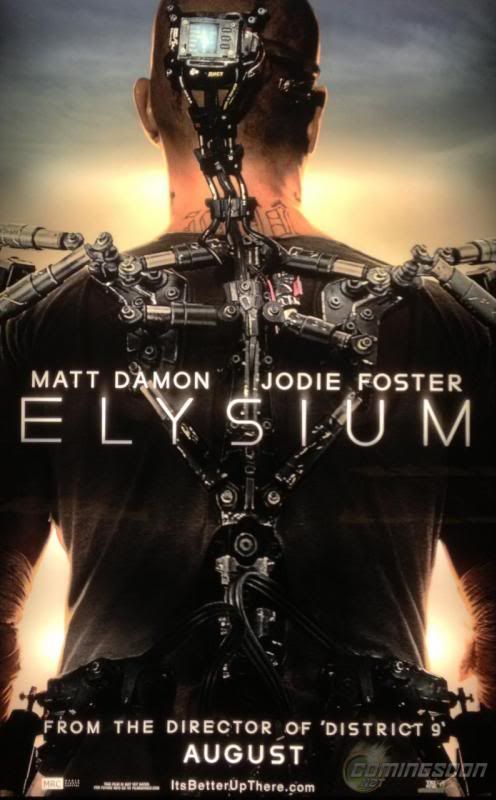
One of the chief complaints I have about Star Trek Into Darkness is the way it treads old ground. It was a fear I had going into the movie that turned out to be justified, and while I still enjoyed watching the film, the overarching problems I have with the very core of the narrative continue to bother me. It’s an endemic issue I have with a lot of genre films, and I think it’s not limited to those, so let me get right into it.
Sequels. Reboots. Prequels. We see more and more of these cropping up throughout Hollywood, from mindless iteration of the most basic, lowbrow, idiotic comedies to what was once high-concept science fiction. There are some that do it right – Nolan knocked it out of the part with his Dark Knight trilogy and I have higher hope than I thought I would for Man of Steel – but for the most part, there’s at least part of this storytelling that feels lazy. I may be inclined to like Marvel and its superheroes, but they’ve been around for decades, and as much as their big-screen realization continues to satisfy, and while I’m curious to see what’s next for them, I’m not as thoroughly intrigued by them as I am by other titles coming our way this summer.
Consider Elysium and Pacific Rim. Both are coming from writer/directors that have been described as visionaries, and rightly so. Neill Blomkamp of Elysium gave us the fantastic District 9, and Guillermo del Toro not only brought Hellboy to the big screen, he also crafted the haunting original vision of Pan’s Labyrinth. Not only are these films powerful stories with excellent execution, their ideas are practically brand new. On top of the fact that neither is a derivative work, they come from different cultural perspectives – Blomkamp is South African and del Toro is Mexican – which color the nature of their ideas differently than those that come from Hollywood’s old and somewhat creaky idea machines.
These story ideas are best described as breaths of fresh air. I have to wonder, however, if their novelty is actually enhanced by the amount of derivative drek that permeates the media. I consider it a shame that new ideas are so scarce, but at the same time, their rarity may lend them even more weight and power. This may be a paradox intrinsic to the entertainment industry: as much as there’s nothing new under the sun, there’s only so many ideas that can be shifted or reborn in new ways to really capture the attention of the audience.
What do you think? Are new ideas more powerful for their rarity? Or would they be just as welcome if every idea was brand new?



Leave a Reply